TOPLINE:
A phone-delivered positive psychological intervention for allogeneic hematopoietic stem cell transplant (HSCT) survivors was feasible and showed preliminary efficacy in a pilot randomized clinical trial. The intervention, called PATH — Positive Affect for the Transplantation of Hematopoietic stem cells — may improve patient-reported outcomes, such as anxiety, optimism, and fatigue, in this population.
METHODOLOGY:
- HSCT survivors experience significant psychological distress and low levels of psychological well-being, which can undermine quality of life and other outcomes.
- Researchers developed a positive psychological intervention, PATH (described previously), and evaluated its feasibility and preliminary efficacy for boosting patient-reported outcomes in HSCT survivors.
- The researchers randomized 35 patients to the PATH intervention plus usual care (one-on-one counseling with a social worker as needed) and 35 patients to usual care alone. The patients randomized to the PATH initiated the intervention about 100 days following transplantation.
- The intervention involved a weekly phone session, lasting 15-20 minutes, over 9 weeks, which provided patients with exercises focused on gratitude, personal strengths, and enjoyable or meaningful activities. Exercises for gratitude involved identifying, describing, and reflecting on three positive events that occurred in the past week and exercises for personal strength included identifying a person's core strengths and finding a new way for them to use one.
- At baseline and at 9 and 18 weeks, patients in both groups reported levels of gratitude, positive affect, life satisfaction, optimism, anxiety, depression, posttraumatic stress disorder, quality of life, physical function, and fatigue.
TAKEAWAY:
- Overall, 91% of those randomized to PATH (n = 31) completed all sessions and reported the exercises were easy to complete and useful.
- At 9 weeks, PATH led to a greater increase in gratitude than usual care alone, but that increase was small (β = 1.38; effect size [d] = 0.32). At 18 weeks, however, the intervention resulted in small but greater increases in all measures of positive psychological well-being — gratitude (β = 0.97; d = 0.22), positive affect (β = 2.02; d = 0.27), life satisfaction (β = 1.82; d = 0.24), and optimism (β = 2.70; d = 0.49). Effect sizes between 0.20-0.49 were considered small.
- At 9 weeks, compared with usual care, PATH participants also reported greater reductions in anxiety (β = −1.43; d = −0.40), as well as improvements in physical function (β = 2.15; d = 0.23) and quality of life (β = 2.35; d = 0.13).
- At 18 weeks, PATH participants reported greater improvements in anxiety (β = −1.62; d = −0.46), depression (β = −1.04; d = −0.33), post-traumatic stress disorder (β = −2.50 = −0.29), fatigue (β = −2.54; d = −0.33), quality of life (β = 7.7; d = 0.41), and physical function (β = 5.21; d = 0.56).
IN PRACTICE:
"Sustained gains in [positive psychological well-being], improvement in anxiety symptoms, and increases [in] physical function at 18 weeks suggest that skills from PATH may be durably incorporated into patients' routines during the vulnerable recovery period from HSCT," the authors wrote. Furthermore, "most existing psychosocial interventions are not accessible to patients with lengthy commutes for routine follow-up care, and PATH may fill an important gap in psychosocial resources for HSCT survivors."
"This positive psychology intervention highlights the importance of not only screening for distress but the promise of creating mechanisms that enhance well-being and reduce distress in our patients," outside expert Jessica Vanderlan, PhD, of Siteman Cancer Center at Barnes-Jewish Hospital and Washington University School of Medicine, St. Louis City, Missouri, said in a press release. "Development of clinical interventions that are brief (15-20 minutes) and delivered by phone could greatly improve patient access to care."
SOURCE:
The study was led by Hermioni L. Amonoo, MD, MPP, MPH, Brigham and Women's Hospital/Dana-Farber Cancer Institute, Boston, and published online on June 11, 2024, in the Journal of the National Comprehensive Cancer Network.
LIMITATIONS:
Although the sample size was sufficient to establish the feasibility of PATH, the researchers had limited power to identify between-group differences in outcomes. Furthermore, the study participants were recruited from a single academic cancer center and were mostly educated and non-Hispanic White patients.
DISCLOSURES:
The study was supported by the National Cancer Institute and the National Heart, Lung, and Blood Institute. Only one author reported receiving fees from industry.

.webp) 2 days ago
4
2 days ago
4


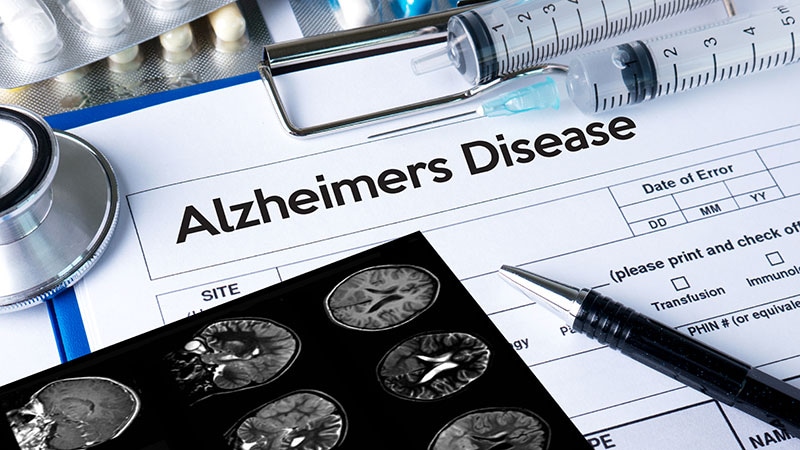
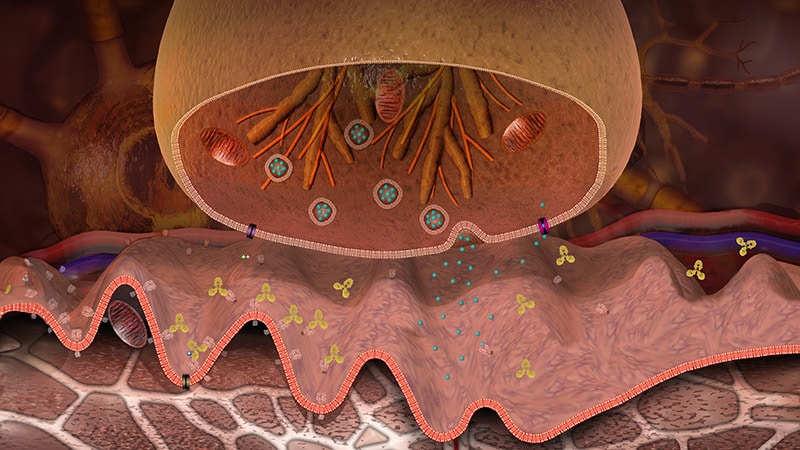


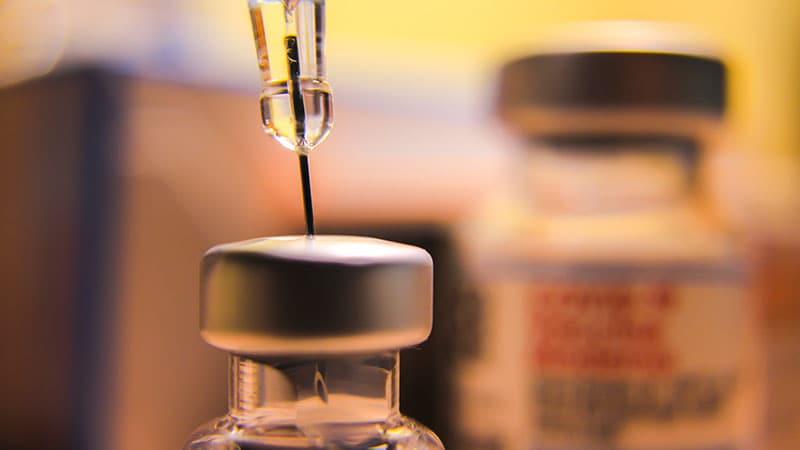

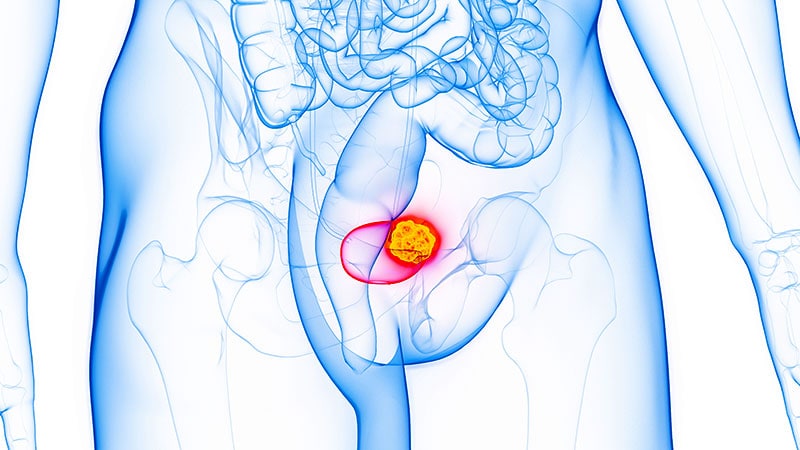

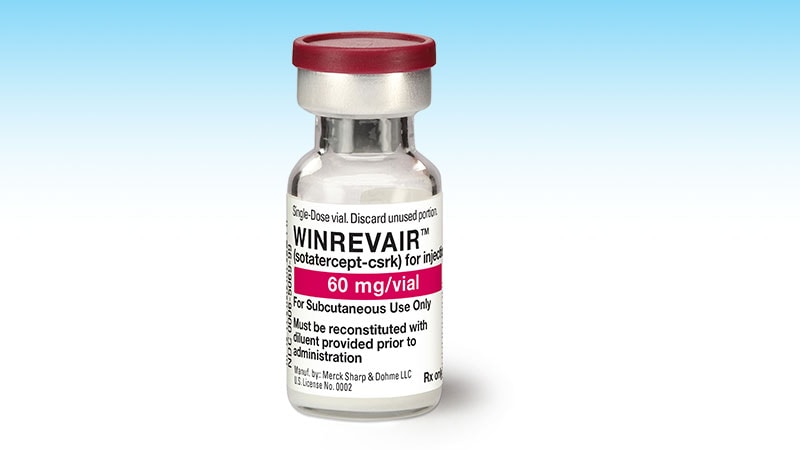
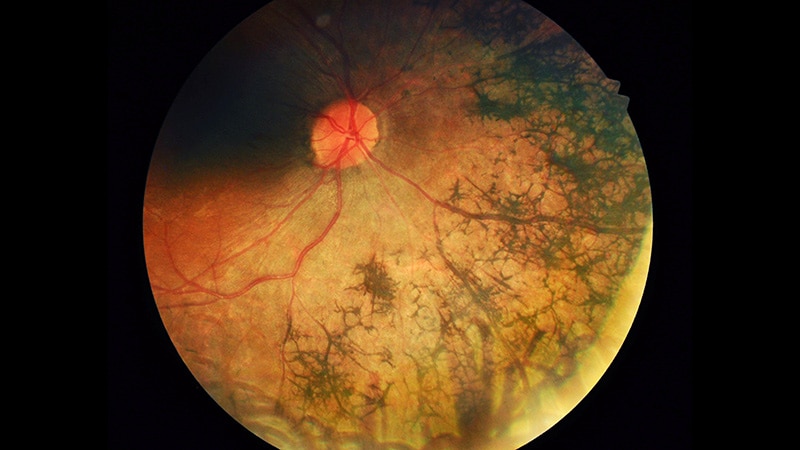

















 English (US)
English (US)